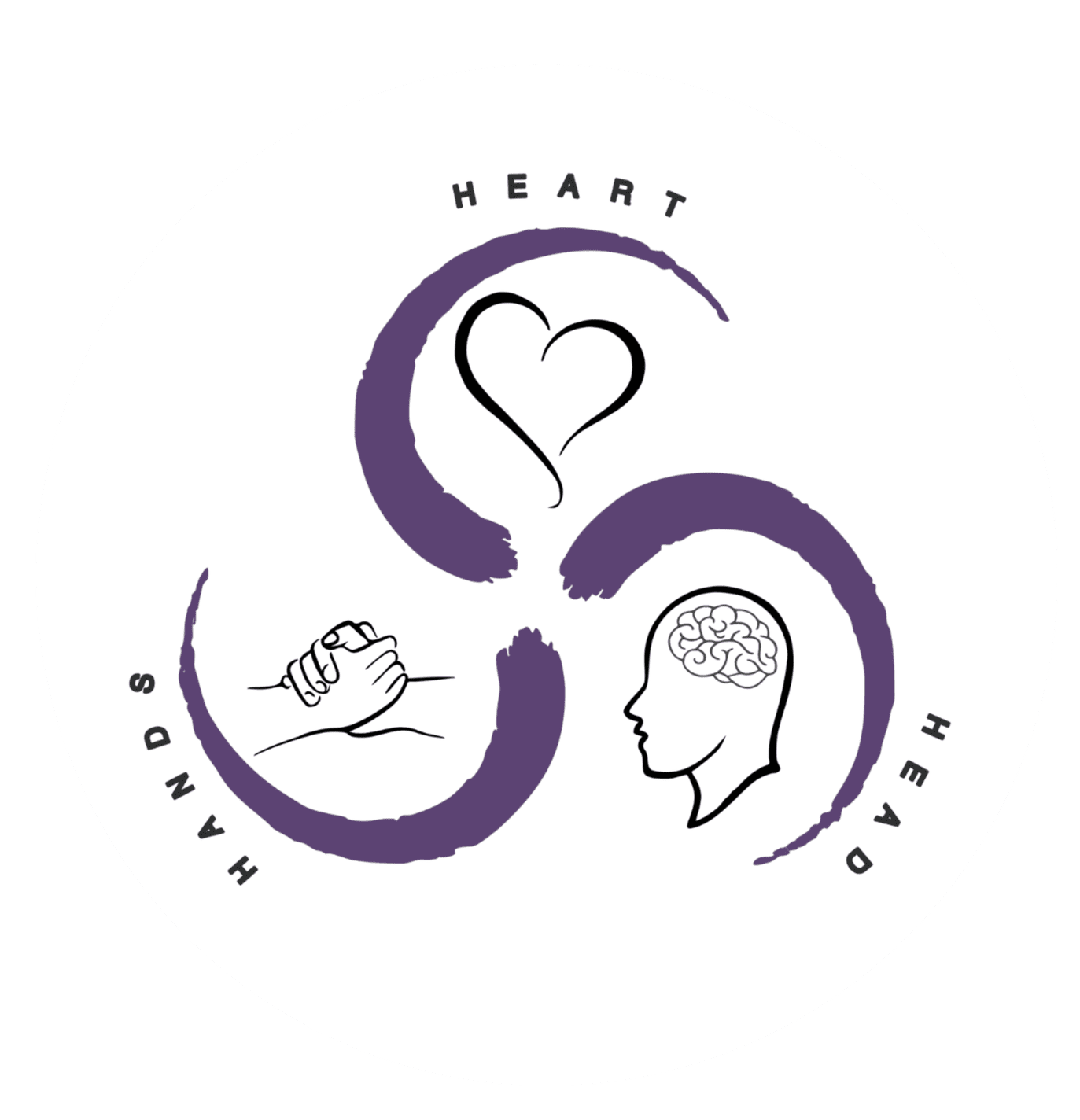What Sets Great Leaders Apart: Qualities to Acquire

Posted on March 14th, 2024.
Great leaders aren't merely figureheads; they are the driving force behind teams, departments, and entire organizations. But what exactly distinguishes great leaders from the rest? Let's delve deeper into the essential qualities that can elevate leadership from merely adequate to truly exceptional.
What Qualities Set Great Leaders Apart
Visionary Thinking: Charting the Course
Great leaders possess a visionary mindset that enables them to see beyond the present and envision a brighter future. They articulate a compelling vision that inspires and motivates their team to strive for excellence. With clarity of purpose, they chart the course for their organization and navigate through uncertainty with confidence.
Effective Communication: The Art of Connection
Communication lies at the heart of effective leadership. Great leaders excel not only in expressing their ideas clearly but also in actively listening to the perspectives of others. Through open dialogue and transparent communication, they foster a culture of trust and collaboration within their teams.
Decisiveness: Making Tough Calls
In the fast-paced world of business, indecision can be paralyzing. Great leaders possess the courage to make tough decisions, even in the face of ambiguity or adversity. They weigh the available information carefully, consult with key stakeholders, and act decisively to move their organization forward.
Emotional Intelligence: Understanding the Human Element
Emotional intelligence is a hallmark of great leadership. Leaders with high emotional intelligence understand and manage their own emotions effectively, while also empathizing with the feelings of others. By cultivating empathy and self-awareness, they build strong relationships and foster a positive work environment.
Adaptability: Thriving in Change
Change is inevitable in any organization, and great leaders embrace it with adaptability and resilience. They remain flexible and open-minded, adjusting their strategies and approaches in response to evolving circumstances. By embracing change, they position their organization for success in an ever-changing world.
Accountability: Owning the Outcome
Great leaders take ownership of their actions and decisions, holding themselves accountable for both successes and failures. They lead by example, demonstrating integrity and reliability in all aspects of their leadership. Through accountability, they earn the trust and respect of their team members.
Integrity: The Foundation of Trust
Integrity is non-negotiable for great leaders. They adhere to high ethical standards and demonstrate honesty, transparency, and fairness in all their interactions. By leading with integrity, they build a foundation of trust that fosters loyalty and commitment among their team members.
Resilience: Bouncing Back Stronger
In the face of challenges and setbacks, great leaders remain resilient. They view obstacles as opportunities for growth, learning from their experiences and emerging stronger than before. With resilience as their guiding force, they inspire confidence and optimism within their teams.
Empowerment: Cultivating Potential
Great leaders empower their team members to take ownership of their work and unleash their full potential. Rather than micromanaging, they provide guidance and support, encouraging autonomy and innovation. By empowering others, they create a culture of empowerment and excellence.
Innovation: Embracing Creativity
Innovation is the lifeblood of progress, and great leaders foster a culture of creativity and innovation within their teams. They encourage experimentation, reward initiative, and challenge the status quo in pursuit of excellence. By embracing innovation, they drive continuous improvement and stay ahead of the curve.
Strategic Thinking: Seeing the Big Picture
Great leaders possess a strategic mindset that enables them to anticipate future trends and make informed decisions. They analyze data, identify opportunities, and develop long-term plans that align with the organization's goals. With strategic thinking, they steer their organization towards success in a competitive landscape.
Also read Top 15 Habits of Successful People: Keys to Achieving Your Goals.
Humility: Learning and Growing
Despite their accomplishments, great leaders remain humble and receptive to feedback. They recognize that leadership is a journey of continuous learning and growth, and they value the perspectives of others. By cultivating humility, they foster a culture of collaboration and inclusivity within their teams.
Courage: Taking Bold Action
Courageous leadership involves taking bold action in the face of uncertainty or opposition. Great leaders have the courage to challenge the status quo, take calculated risks, and advocate for what they believe is right. With courage as their guiding principle, they inspire boldness and innovation within their teams.
Team Building: Strength in Unity
Building and nurturing a high-performing team is essential for great leaders. They recruit top talent, foster a culture of collaboration and mutual respect, and provide opportunities for growth and development. By investing in their team members, they create a cohesive and resilient workforce that can overcome any challenge.
Continuous Improvement: Striving for Excellence
Great leaders are committed to continuous improvement, both personally and professionally. They embrace feedback, seek out opportunities for growth, and invest in their own development. By modeling a growth mindset, they inspire their team members to embrace learning and push the boundaries of what's possible. Through a relentless pursuit of excellence, they drive innovation and achieve sustainable success.
Authenticity: Leading with Genuine Intent
Great leaders are true to themselves, leading with integrity, transparency, and sincerity. They build genuine connections with their team members, fostering trust and camaraderie. By staying true to their values and beliefs, they inspire loyalty and respect, creating a cohesive and empowered team.
We can help
In conclusion, the qualities that set great leaders apart are diverse and multifaceted. By cultivating these qualities, aspiring leaders can unlock their full potential and make a positive impact in their organizations and beyond.
Ready to take your leadership skills to the next level? Reach out to H3 Leadership and OD Consulting LLC at 509-531-8426 or [email protected] for personalized one-on-one coaching.
Let's Connect
I am here to partner with you on your journey to success. Fill out the form below, and let's start creating a brighter future together.
